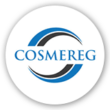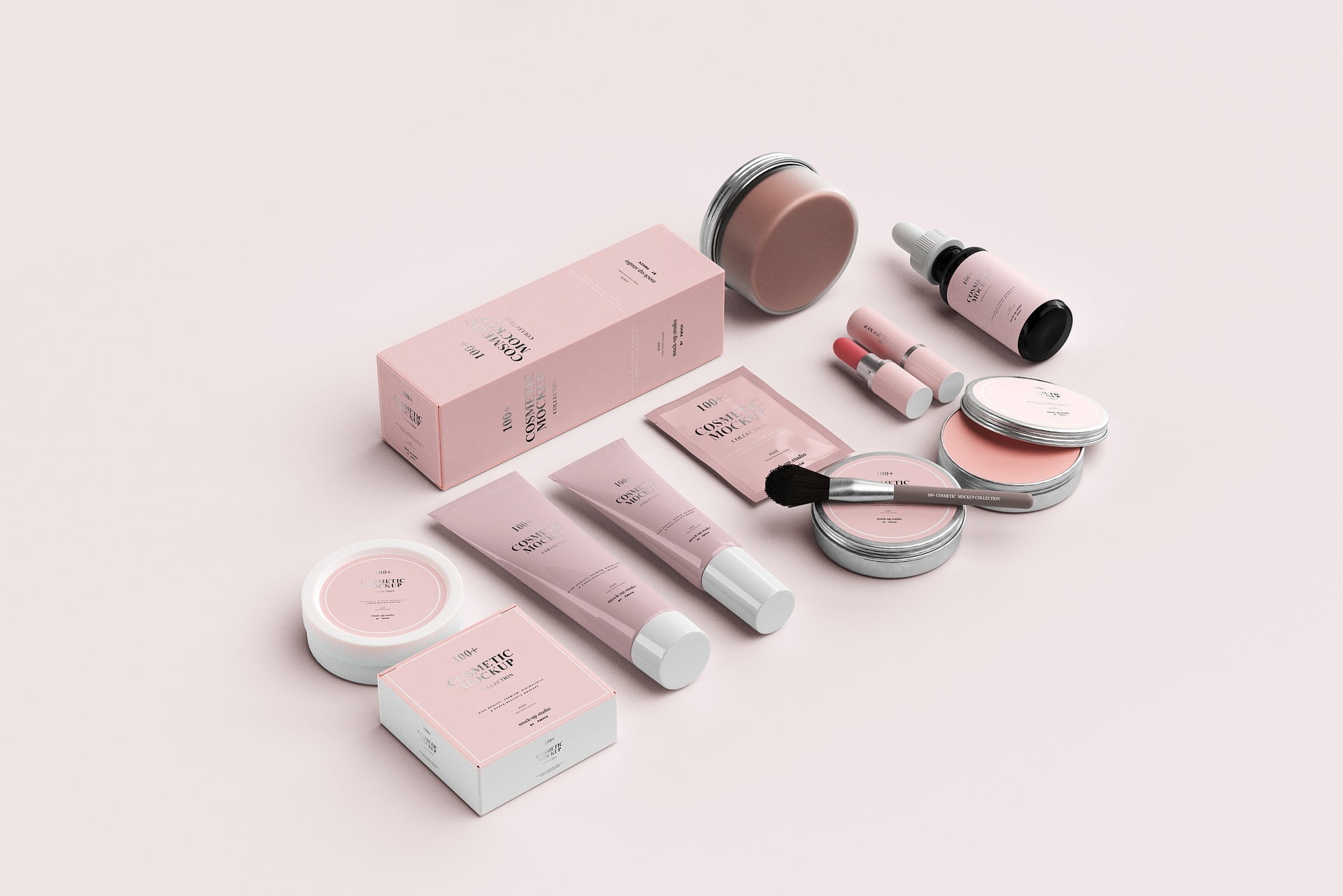10 Essential Facts About the Modernization of Cosmetics Regulation Act (MoCRA) of 2022
Breaking New Ground: The Modernization of Cosmetics Regulation Act (MoCRA) of 2022
The Modernization of Cosmetics Regulation Act of 2022 (MoCRA) is a comprehensive legislation that enhances the FDA’s authority over cosmetic products, aiming to ensure their safety for consumers. Here are the key provisions and requirements introduced by MoCRA:
- Records Access: MoCRA enables the FDA to access and copy relevant records, including safety records, associated with cosmetic products.
- Mandatory Recall Authority: If a cosmetic product is deemed adulterated or misbranded by the FDA, and its use poses a risk of serious adverse health consequences or death, the FDA can order a mandatory recall if a voluntary recall is not initiated by the responsible party.
- Adverse Event Reporting: Responsible parties must promptly report serious adverse events related to cosmetic products used in the U.S. to the FDA within 15 business days. Additional medical information must be shared within one year.
- Facility Registration: Cosmetic manufacturers and processors are required to register their facilities with the FDA and renew their registration every two years. The FDA can suspend a facility’s registration if it poses a risk of serious adverse health consequences or death.
- Product Listing: Responsible parties must provide a comprehensive list of each marketed cosmetic product, including ingredients, to the FDA. Annual updates to this listing are required.
- Safety Substantiation: Responsible parties must maintain records supporting the safety substantiation of their cosmetic products.
MoCRA also mandates compliance with forthcoming FDA regulations on:
- Good Manufacturing Practice (GMP) requirements for cosmetic product manufacturing facilities.
- Fragrance allergen labeling requirements to enhance transparency and consumer awareness.
- Standardized testing methods to detect and identify asbestos in talc-containing cosmetic products.
Exemption:
Certain exemptions exist for small businesses, but not for manufacturers or facilities involved in producing cosmetic products that come into contact with the eye’s mucus membrane, are intended for internal use, are injected, or alter appearance for more than 24 hours without consumer removal.
The voluntary registration program for cosmetics establishments and products is no longer accepting submissions. The FDA is developing a new program to comply with MoCRA’s facility registration and product listing requirements.
VCRP Webinar
The FDA published a webinar titled “Modernization of Cosmetics Regulation Act of 2022 – Key Terms and Provisions” in April 2023. This webinar provides an overview of MoCRA, including updates on the Voluntary Cosmetic Reporting Program and information about an upcoming public listening session on good manufacturing practices (GMPs).
Conclusion
In conclusion, the Modernization of Cosmetics Regulation Act (MoCRA) introduces significant changes to the cosmetics industry, ensuring consumer safety. Compliance with registration, product listing, safety substantiation, and forthcoming regulations is vital for manufacturers and processors. Understanding the provisions and staying updated with FDA guidelines is crucial for a smooth transition and adherence to the new regulatory framework.
Essential Facts About the Modernization of Cosmetics Regulation Act (MoCRA) of 2022
The Modernization of Cosmetics Regulation Act (MoCRA) of 2022 has introduced transformative changes to cosmetic regulations in the United States. It is essential for all companies in the cosmetics industry to understand these regulations to ensure compliance. Here are ten key points to be aware of regarding MoCRA:
- Registration and Renewal for Cosmetic Facilities:
- Facility owners and operators involved in the processing or manufacturing of cosmetic products must renew their registration every other year.
- Existing facilities need to register with the FDA within one year of MoCRA’s enactment.
- New facilities must register within 60 days of marketing their products or within 60 days after registration, whichever comes later.
- Timely registration and updates to registration information are crucial to comply with FDA requirements.
- Mandatory Product Listing Submission:
- Cosmetic companies must provide a comprehensive list of all marketed products within one year of MoCRA’s enactment.
- For products marketed after the enactment, a complete listing must be submitted to the FDA within 120 days of marketing.
- Similar products with minor variations can be submitted using a flexible submission form.
- Annual updates to these listings are required.
- Good Manufacturing Practices (GMP) Requirements:
- cGMP (current Good Manufacturing Practices) requirements are set by the FDA and are designed to ensure that cosmetics products are safe and effective. The cGMP requirements specify detailed standards for the manufacturing process, including the type and amount of ingredients used, the manufacturing process itself, and the testing of products.
- Facilities involved in cosmetics production must meet GMP standards.
- The FDA has up to two years from MoCRA’s enactment to establish cosmetic GMP rules, with finalization within three years.
- Labeling Requirements:
- Labels should include a domestic address, phone number or electronic contact information to receive adverse event reports from consumers.
- Electronic contact information for reporting adverse events must also be provided.
- Fragrance allergens should be listed on labels for products containing them.
- Professional cosmetics must be labeled clearly, indicating they are intended for use only by licensed professionals.
- Compliance with existing labeling requirements for specific products is also necessary.
- Changes related to fragrance allergens must be implemented within 18 months of MoCRA’s enactment, with final rulings issued within 180 days after a public comment period.
- Mandatory Adverse Event Reporting:
- The Act requires the responsible person, who is defined as “the manufacturer, packer, or distributor of a cosmetic product whose name appears on the label of such cosmetic product,” to submit to the FDA any report received of a serious adverse event associated with the use of a cosmetic product manufactured, packed, or distributed by such person in the United States.
- Responsible parties must report adverse events associated with cosmetic products within 15 business days.
- Adverse event reports must include a copy of the product label on or in the retail packaging.
- New medical information related to the initial report must be submitted to the FDA within five business days if received within one year.
- Safety Substantiation Records:
- Companies must maintain records supporting that there is adequate substantiation of the safety of their products
- Substantiation can include tests, studies, analyses, research, or other evidence deemed sufficient by qualified experts.
- FDA Access to Certain Records:
- The FDA has the authority to access and copy specific records related to cosmetic products when there is a reasonable belief of serious adverse health effects or death.
- FDA Recall Authority:
- The FDA can determine the need for product recalls if there is a reasonable probability of misbranding or contamination causing serious adverse effects.
- Responsible parties will be given the opportunity to voluntarily recall the affected products, but the FDA can order an immediate recall if necessary.
- Record-Keeping Requirements:
- Records of adverse events must be kept for a minimum of six years and provided to the FDA upon request during inspections.
- If the FDA suspects certain ingredients causing serious adverse events, they can request a written list of those ingredients in product flavors or fragrances within 30 days.
- Exemptions for Small Businesses:
- Small businesses with gross sales under $1 million are exempt from certain regulations.
- While they must maintain records of adverse events, they only need to retain them for three years.
If you have doubts about the New Modernization of Cosmetics Regulatin Act (MoCRA), Cosmereg can assist you in each step. For more information just contact us.



